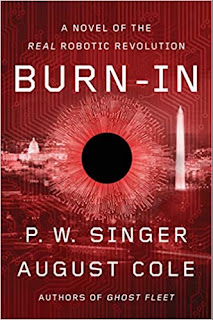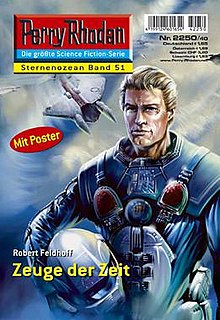Sunday Spotlight: Octavia E. Butler

Before black history month is over with, I thought I would focus on one of the greatest African American writers: Octavia Butler! In a niche market dominated until recently by white men, Octavia Estelle Butler (1947 – 2006) was a wonderfully refreshing trailblazer. Born the dyslexic daughter of a housemaid and a shoeshine man who died young, Butler was one of the few black children of her era to discover the delights of science fiction at an early age through the pulps. At the age of twelve, she found herself watching the B movie, Devil Girl From Mars (1957), on television, and thought to herself, “I can write a better story than that!” So she turned off the television and set to work at it. “I’ve been writing science fiction ever since,” she later said. She graduated with an associate’s degree from Pasadena City College in 1968, and then went on to study at California State, Los Angeles. She later left Cal State, but continued to take writing classes through the U




